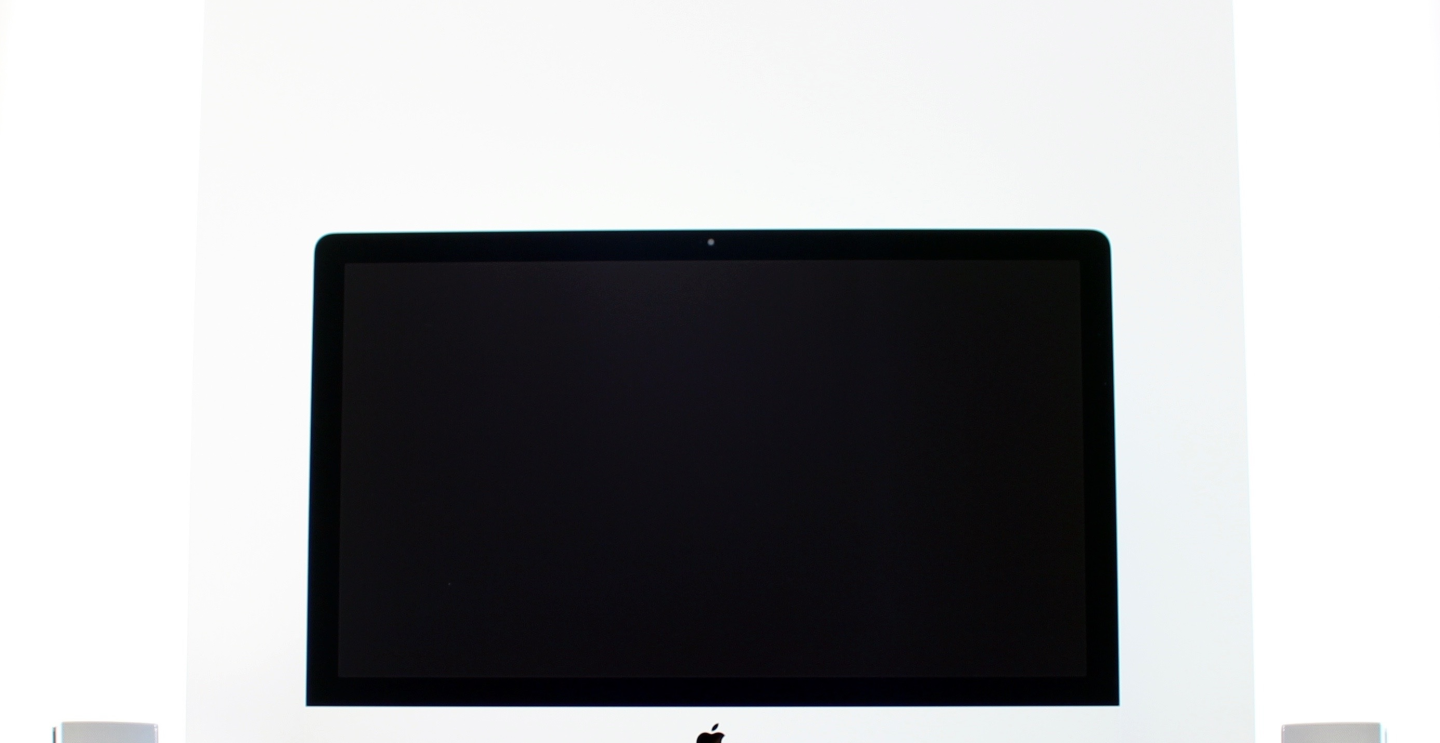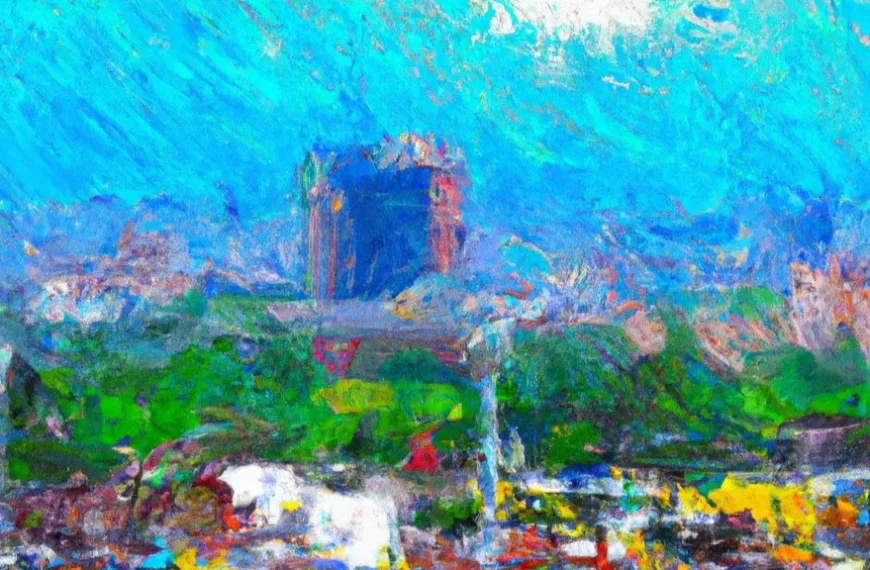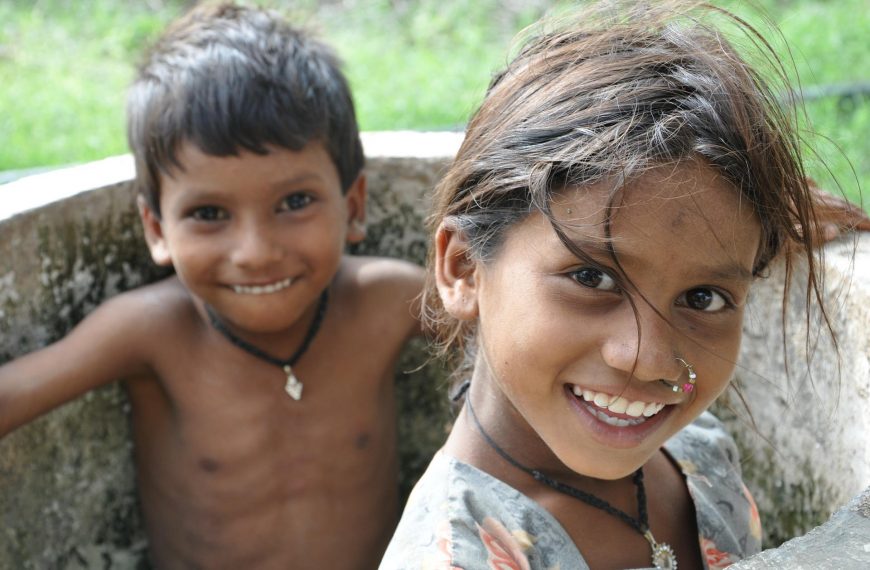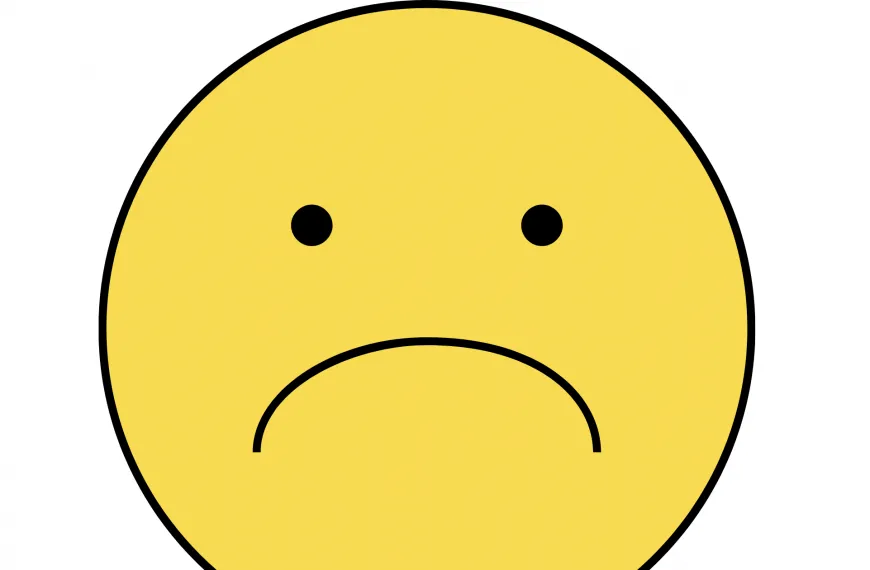
Everyday thought in the political sphere may be likened to a smorgasbord of cluttered, unclear ideas that have a common aim of strengthening specific electoral goals. These electoral pursuits divide politicians into friends and enemies, where sound bites are often given hegemony over common sense or even farsighted goals.
The rise of social media has only helped to take this old battle into a new ground. Though relatively latecomers to the field, the social media domination of the present prime minister on the road to poll victory in the last general elections made a convert of many to the benefits of this medium. It seems every politician has jumped onboard – from central government ministers to local leaders seeking a younger voter base. In fact, the rise has been so quick that there is now a flood of thumb-based discordant notes that steadily drowns out the truth every day. And politicians seem to be loving every minute of it.
Politicians (or rather their teams) have become savvier, smarter and even funnier when it comes to attacking adversaries using humour, sarcasm, and mockery to add insult to injury. As politicians became increasingly comfortable with social media, they have also begun dabbling in its darker side, employing tweets and posts as bait in their or their followers’ war of words.
Experts are now hired and paid a good amount of money to perfect the art of insolence and provoke public ridicule (and anger) towards the opposition – political or not. There have been quite a few incidents in the recent past that show how ugly trolling has become.
One such incident involved the #selfiewithdaughter initiative started by the prime minister on his show, Man Ki Baat, where he asked people to tweet selfies with their daughters. The initiative became a rage on Twitter but unfortunately not all for the right reasons. One of the unfortunate incidents involved the actress Shruti Seth, who mad at the condition of Mumbai after yet another spell of rain, tweeted ‘A selfie is not a device to bring about change Mr.PM try reform’ and added the hashtag #selfieobsessedPM.
Agreed that perhaps her anger was not helpful for either cause but the deluge of hate it brought forth was downright vicious and inexcusable. We would not reiterate what was said but the fact that certain words were used against a woman goes to show how far trolling has come from its funny, quirky and laughably insolent avatar to being a hate-spewing monster.
(As a footnote, what was ironical was that a campaign for women became a platform for denouncing one of them. Perhaps a good lesson for all to tread cautiously with social media.)
Such incidents are now more a norm than an aberration in regular social media. We do not get to hear of them simply because a celebrity is not involved. However, this is not always the case with politicians as most of them are celebrities in their circle of influence and have fans who take umbrage at the smallest slight of their leader.
It is very likely that the hate-spewing monster will continue to churn out idiocy and hatred for some time – at least until social media evolves to the next level. What remains to be seen is how politicians will evolve in their use of this medium and its successors. But looking at the nature of politics, it is unlikely that hatred and bad language will be reined in somehow in the near to mid-term future. Things seem to be going well for the trolls.
In a society where the vast majority has always been silenced, this outspokenness is a good indication of a India more comfortable with voicing its opinions. And that is good.





